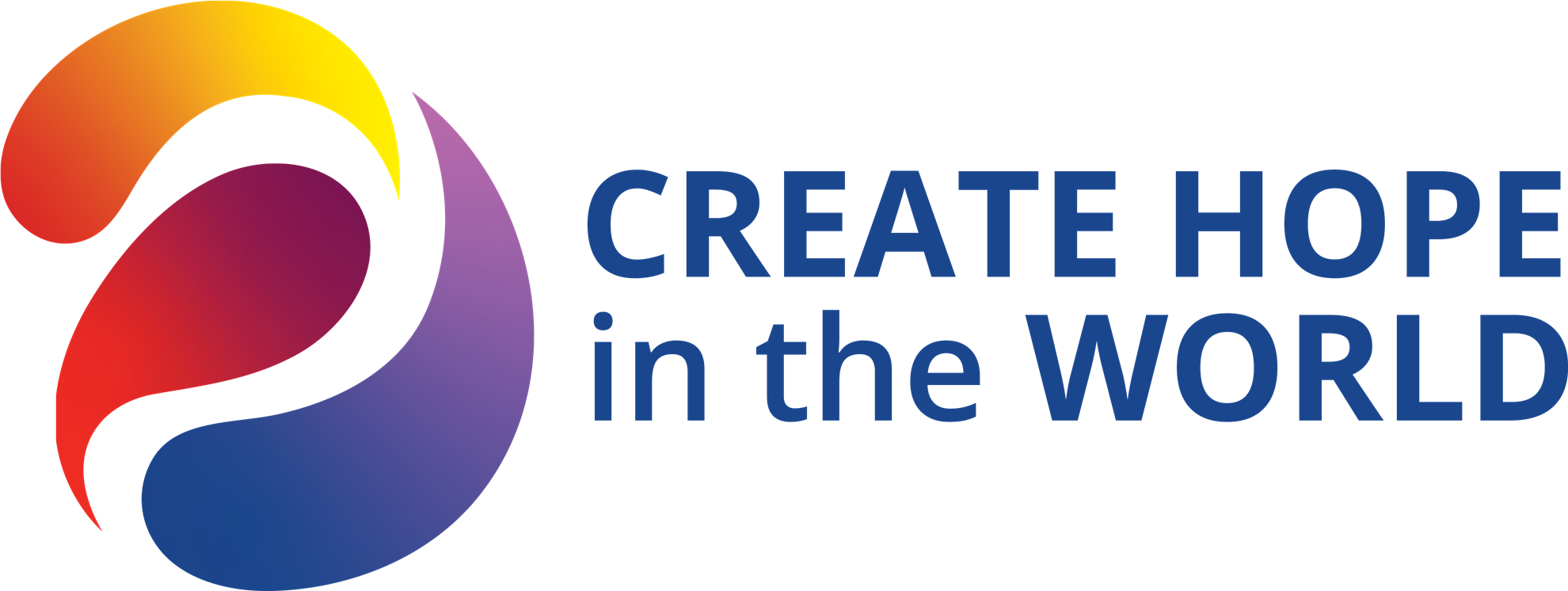05/2617 Stuart Kestenbaum, President MECA, Poet Laureate
Stuart Kestenbaum is Maine’s poet laureate, which is a position in Maine that lasts for 5 years. Mr. Kestenbaum is also the former director of Haystack Mountain School of Crafts, and he currently works for Maine College of Art (MECA). On Friday, he told numerous anecdotes and read numerous poems from various poets that included topics such as: saying a prayer to the Maine Legislature; taking a long car ride; preparing maple syrup; walking and falling along a wet rocky coastline; and even about a poem based upon unrelated words that his students provided to him in class one day.
To start his discussions he looked at the 'Four Way Test' banner and told us that poetry, as its essence, passes the 'Four Way Test.' He considers how language is used in culture and the dialogue of poetry becomes more important in its meaning to each individual.
After many of the poems that he read, Mr. Kestenbaum provided us his opinions and insights as it relates to poetry. For him to prepare a successful poem, he lets his brain reign free on a topic, and then edits the poem later. He does not think a successful poem can be made if the editing process is completed during the initial flow of information to the page. One might not be sure where a successful poem is leading when it is initially written. He made the comparison of dropping an ice cube on a warm stove: the melted water moves in many directions.
Mr. Kestenbaum stressed his opinions on preparing poems, and he feels many of the good poems have had limitations placed on the process. The limitations could be restriction like time, the word choice, the rhythm of the poem, or a specific topic. For instance, time is finite and an ultimate restriction. Basically without that restriction, the poem could go on forever. He told us a quote about comparing limitations in poetry to a football game: what makes the last two minutes of a football game so exciting? If you know, why wait through 58-minutes of the game to get there: the limitations provide an interesting framework.
After stating an opinion that the National Endowment for the Arts should be maintained, Mr. Kestenbaum told us an anecdote about a teacher who was helping his students to write poetry. The teacher told the 5th grade students that is was okay to lie in class that day. The students really latched on to the concept and moved beyond what they knew to be true in the physical world. The concept allowed them to push creative concepts outside the box along the lines of dream or fantasy. For instance, do humans fly, or can they fly down the highway? The truth can be stretched a little to promote creativity or a point.
For more information on Stuart Kestenbaum, go to: poetryfoundation.org/poems-and-poets/poets/detail/stuart-kestenbaum
(Photo L-R: Bob Martin, Stuart Kestenbaum and President Laura Young.)

